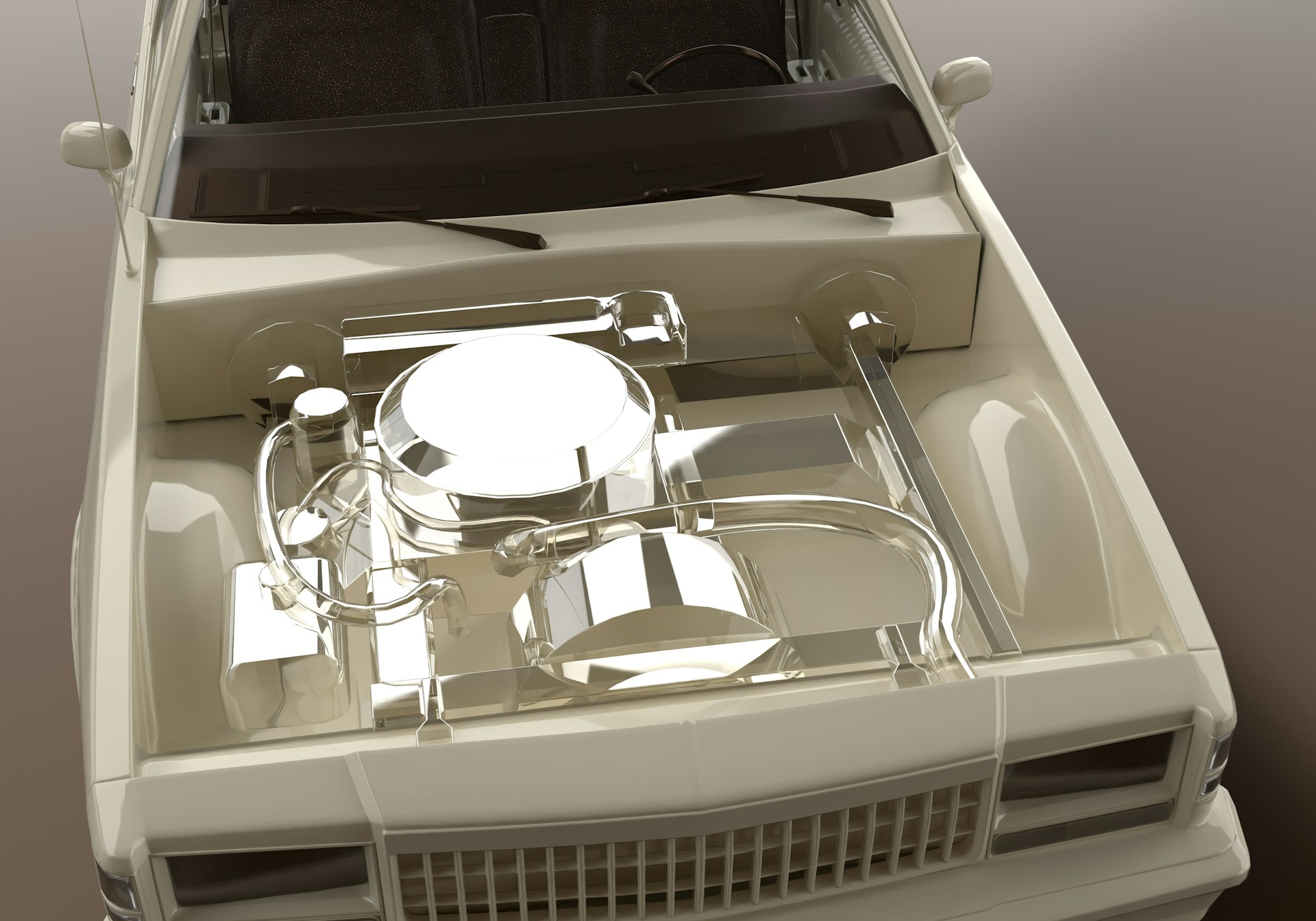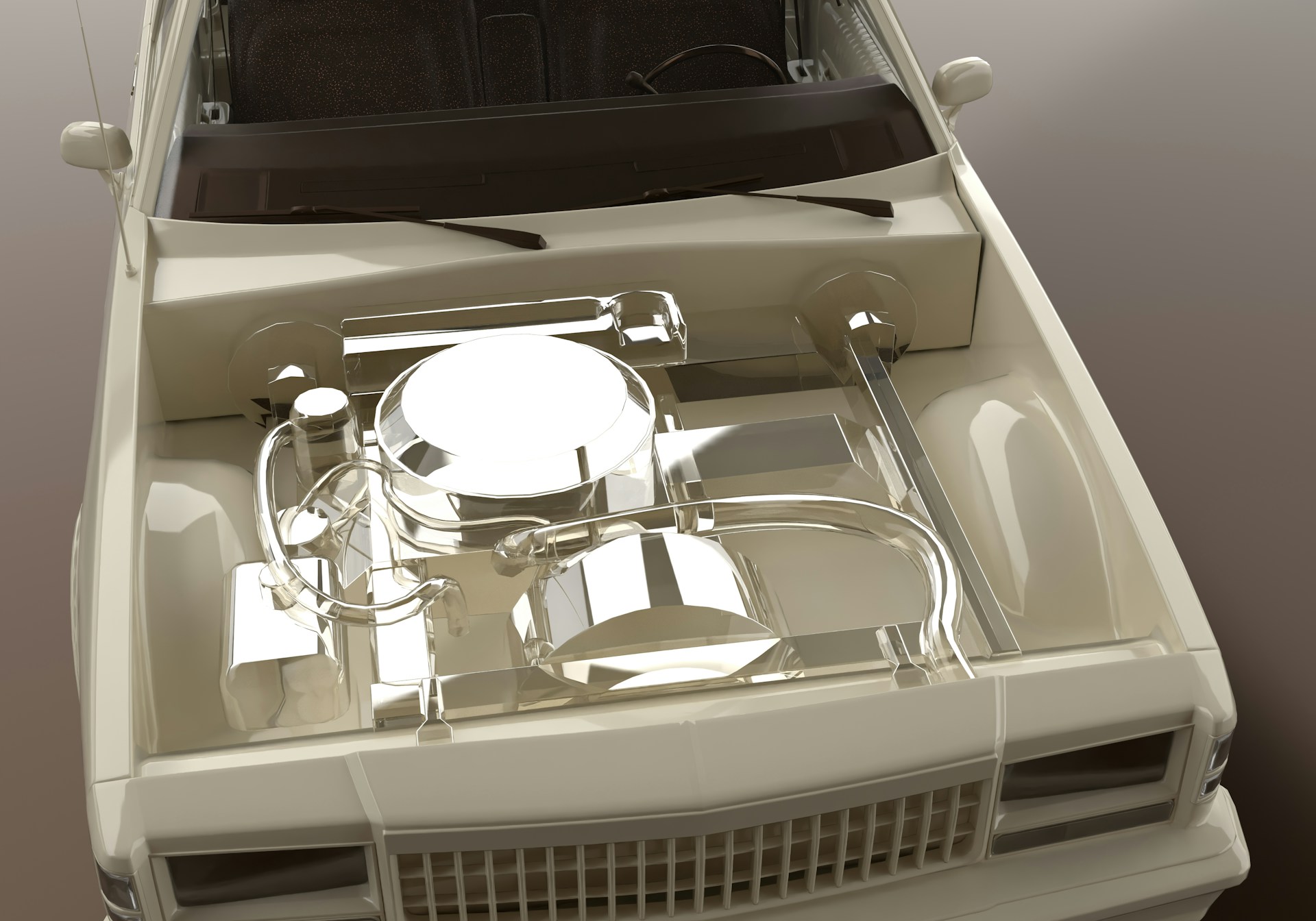Identifying Electrical System Issues In Used Nissans

Electrical issues in used vehicles tend to sneak up on people, especially when they don’t seem like a big deal at first. Maybe your headlights dim slightly when parked, or the radio goes silent for a second and resets itself. These small quirks can seem harmless, but they could point to something deeper going wrong under the hood. Once one electrical issue shows up, you could be dealing with larger disruptions soon or worse, a breakdown at the wrong time.
As a used Nissan dealer in Lakewood, we see many customers who face electrical issues in their pre-owned vehicles, especially ones that have seen a lot of miles or sat idle for long stretches. Our goal is to help people catch these signs early. If you’re unsure what to watch for or how to tell whether something serious is going on, here are some common electrical system problems and how to start spotting them before they get worse.
Common Electrical System Issues
Used Nissans have a reputation for durability, but electrical components age just like anything else in a car. The tricky part is that these problems don’t always come with a flashing warning light or loud noise. In many cases, the signs are subtle and easy to overlook unless you know what to expect.
Here are some of the most common electrical system issues you might run into:
Dead or weak battery: One of the most frequent problems. If you need a jump often, hear slow cranking when starting the car, or notice dimming lights, it could point to the battery losing capacity.
Faulty alternator: The alternator charges your battery while the engine runs. If it’s failing, your car may stall mid-drive, struggle to start, or show a battery warning light on the dashboard.
Blown fuses: Short circuits or power surges can cause fuses to blow. If a single system like your windshield wipers or power windows suddenly stops working, this might be the issue.
Wiring problems: Worn, corroded, or chewed wires (hello, nesting rodents) interfere with everything from lights to ignition. Frequent electrical glitches and strange smells can be signs of wiring damage.
Malfunctioning sensors: Modern Nissans include sensors that monitor everything from tire pressure to airflow. If one fails, it can send poor data to the computer and cause wrong adjustments, check engine lights, or performance loss.
Steady signs to look out for include: Sudden battery drainage, Flickering or dim headlights, Dashboard lights coming on and off randomly, Hesitation or failure to start, Odd electrical smells inside or around the engine.
When these things show up, it’s time to move from guesswork into a proper inspection. Getting ahead of a small electrical issue now can keep your car on the road longer and help you avoid avoidable repairs later.
Diagnosing Electrical Problems
Once you’ve seen the signs like flickering lights, trouble starting, or systems failing, the next step is to pin down where the issue is coming from. Electrical diagnostics on a car isn’t always straightforward. Since so many systems are connected, one small fault can trigger several confusing symptoms at once. That’s why it’s important to take a methodical approach.
Here’s a general process professionals follow when checking for electrical problems:
1. Visual inspection – Start with an external check of the battery, wiring, and fuse box. Look for corrosion, loose connections, or frayed wires, especially near the battery terminals and fuses.
2. Battery and charging system test – Use a voltmeter to test the battery and alternator output. If the battery is weak or not charging, the problem could be with the battery itself, the alternator, or the voltage regulator.
3. Check for blown fuses and relays – If specific features stop working, like the radio or interior lights, testing the related fuses is key. A blown fuse may just be the start of a deeper issue.
4. Scan for fault codes – A professional scan tool pulls up fault codes from the vehicle’s onboard computer. These codes help zero in on the troubled system without the guessing game.
5. Inspect ground connections – Poor grounding can break the flow of electricity. All grounds should be clean and secure. A weak ground can mimic other problems and go unnoticed.
Electrical problems often overlap, so identifying the right cause takes time. That’s why relying on trained techs and solid equipment helps remove the guesswork. People think swapping out parts will fix the issue, but without proper testing, you might just pay for parts you didn’t need.
Why Routine Electrical Checks Matter
It’s easy to overlook the electrical system when everything seems to be working. But wear and tear builds over time, especially in older vehicles or cars that live through harsh seasons. Lakewood’s sun-soaked summers and snowy winters don’t go easy on electronics, from wiring insulation to battery life.
Routine checks can help avoid problems like: Getting stranded with a dead battery in the middle of the day, AC or heater failures when weather swings unexpectedly, Sudden dashboard alerts that turn into expensive repairs.
Even something as small as cleaning the battery terminals twice a year can boost your car’s performance. A quick look at sensor functions and fuse conditions won’t take hours, but it can keep your systems dependable and help your technician find issues you may not notice right away.
Maintenance doesn’t always mean fixing something broken. It often means spotting and catching an issue before it grows. Customers who keep up with regular inspections tend to notice fewer breakdowns and rarely face trouble that could have been avoided. Think of it like brushing your teeth. Staying consistent means fewer surprises even if it’s not the most exciting part of owning a car.
Why Leaving It To The Pros Makes A Difference
When flickering lights or warning chimes start showing up, it’s tempting to hop online and look for quick-fix ideas. The problem is, modern Nissans come with complicated electronics that don’t respond well to guesswork. One wrong move can create more problems or even damage parts that were working fine before.
A professional repair shop has the tools and training to pinpoint the root of the issue, not just the symptom. Our team, for example, is familiar with specific Nissan wiring patterns, electrical module layouts, and even less obvious factors like moisture paths or rodent damage spots. It’s not just about replacing a bad fuse. It’s about knowing why that fuse blew in the first place.
We’ve seen cases where someone comes in after trying to switch out a part themselves. Instead of solving the issue, it ended up creating a short circuit that knocked out their dashboard entirely. At that point, what started as a minor issue snowballed into a much bigger one. That’s frustrating for anyone.
Handing over electrical issues to the pros means problems get fixed correctly the first time. It also keeps warranty coverage intact and makes sure your Nissan’s tech features keep doing their job without interruption. All of this can add up to a smoother experience and a safer ride for you and your passengers.
Keep Driving With Confidence
Electrical problems in used vehicles aren’t always obvious, but they tend to snowball when ignored. Whether it’s a dying battery or a sensor misfiring, knowing the signs and acting early can keep your car running the way it should. Even small problems can create long-lasting wear if they go unchecked, especially during extreme temperatures in places like Lakewood.
If something feels off with your car’s electronic systems, it’s a good idea to get it looked at. Getting answers early will save time, money, and hassle down the road. Regular inspections and expert help don’t just protect the vehicle. They give the driver peace of mind too.
If you're dealing with unresolved electrical issues or want to prevent them before they happen, a proactive approach with your vehicle can be a great asset. Explore your options with a reliable used Nissan dealer in Lakewood. At Alpine Nissan, we’re here to ensure your car is always in top shape, helping you avoid those unexpected costs and giving you peace of mind on the road.



